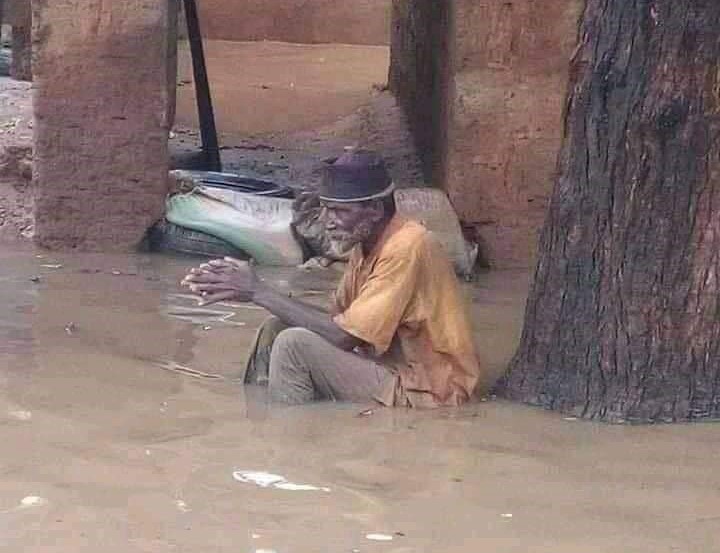Every year, rainy season in Africa rhyme with drinking polluted waters, wading in stagnant feces-infested rainwaters and sleeping in unhealthy conditions. Yet we all have the right to clean water, hygiene and sanitation.
- Recalling the essential role played by national parliaments in their legislative, budgetary and control functions in the implementation of government projects, programmes and public policies;
- Aware that Objective 6 of the UN’s sustainable development goals – “Ensure availability and sustainable management of water and sanitation for all” cannot be achieved without these parliaments being involved;
- Convinced that only synergistic actions by all national parliaments can guarantee their effective involvement in achieving this objective,

African parliamentarians met in Ouagadougou, Burkina Faso, on August 27, 2020, and created an African Network of Parliamentarians for Drinking Water, Hygiene and Sanitation. On this occasion, the Honorable Laouhingamaye Jacques noted that “The lack of drinking water or the consumption of polluted water also constitute a serious threat to our respective populations. The creation of this network is an invaluable opportunity for its members to highlight the problems of water and sanitation in our respective countries and seek appropriate solutions.”
The creation of the Network of Parliamentarians for Drinking Water, Hygiene and Sanitation (REPHA-Africa) is the outcome of the willingness of the Network of Parliamentarians of Burkina Faso for Drinking Water, Hygiene and Sanitation (REPHA-BF) to share its experience with other parliamentarians in Africa in order to better influence national, subregional and regional policies. This network is intended to be a framework for influencing decision-making and the effective implementation of public policies for a better political and social commitment to promote equitable access to drinking water, hygiene and sanitation in Africa. For Halidou Sanfo, leader of this regional network and member of the National Assembly of Burkina Faso, “the issues of drinking water and sanitation are worrying. To meet the challenge, we need a synergy of actions. This new network will lay the groundwork for guidance on drinking water and sanitation issues in Africa.”

Welcoming the initiative, Laetitia Badolo of NIYEL, partner of this initiative, expressed her delight at “the political will of parliamentarians from Benin, Burkina Faso, Côte d’Ivoire, Mali, Niger, Senegal and Chad to improve equitable access to drinking water, hygiene and sanitation”
“Thanks to this Network, we will be able to contribute to better mobilize our Governments and the TFPs to support major projects in these areas at the scale of our continent”, the Honorable Issaka Abdou of Niger emphasized. Halidou Sanfo also stressed that “this framework will enable cooperation with other African or international organizations and networks in the context of consolidating the right to drinking water, hygiene and sanitation”. According to him, parliamentarians have an important role to play in achieving the goals of drinking water, hygiene and sanitation “because Parliament is the place where all issues of national interest are debated”, and “its decisions will influence national and sub-regional policies”.
The network, which totals only 7 countries at the moment, plans to extend its membership to all countries within the continent, including English and Portuguese-speaking countries.
Distributed by African Media Agency (AMA) on behalf of NIYEL
